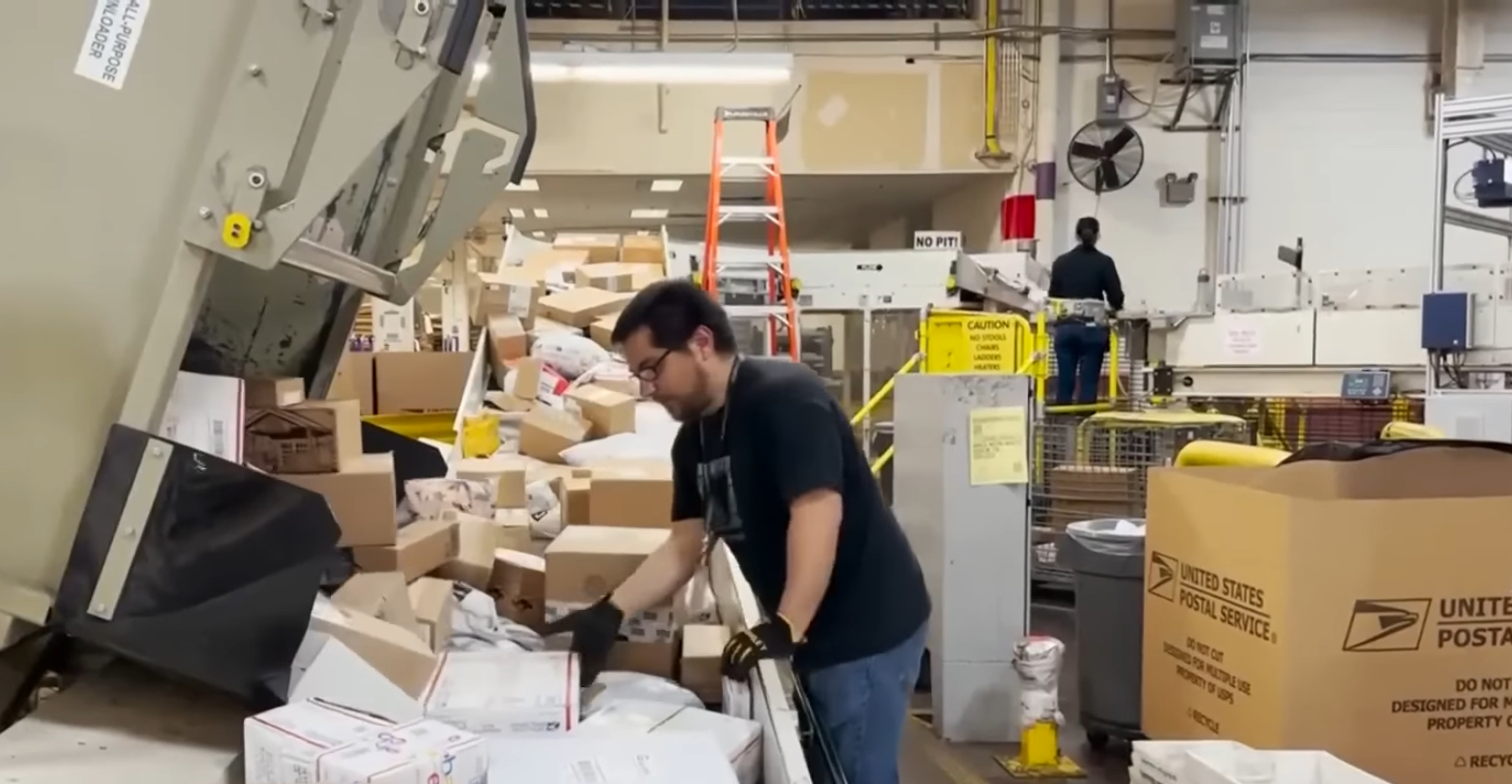EDITOR’S NOTE: Op-Eds detail the views of their writers and are not representative of the stance of the paper. Publication of Op-Eds is not tantamount to an endorsement of their content.
European postal services suspend deliveries as new duties disrupt religious practices, student budgets, and transatlantic connections.
For Queens College students with ties to Europe, the mail has stopped coming. Since late August, European postal services have suspended most package deliveries to the United States, leaving students unable to receive everything from affordable clothing to irreplaceable religious items.
The disruption stems from President Trump’s elimination of the “de minimis” tariff exemption, which previously allowed packages valued under $800 to enter the U.S. duty-free. Now, all packages face tariffs—15% for European Union goods—or flat fees ranging from $80 to $200 per package depending on the country of origin.
For some students, the impact goes beyond inconvenience to matters of faith and family obligation.
“My father tried to order an altar robe from Greece so he could fulfill his religious duties at our local Orthodox church,” said a Queens College junior who asked to remain anonymous. “Without the proper vestments from Greece, he cannot properly serve. It’s not just about clothing—it’s about being able to participate in our religious community.”
The student explained that Orthodox Christian traditions require specific liturgical garments that must meet certain standards, often only available from religious suppliers in Greece. “We tried to get it to NY, but the Greek postal service won’t ship it. This truly affects his ability to perform his role at the church”
A similar problem arose when attempting to order a religious artifact from Mount Athos, the autonomous monastic region in Greece known for producing Orthodox Christian religious items. The order, placed in early September, was rejected by the Greek postal service due to the new U.S. tariff requirements.
Major European carriers including DHL, Deutsche Post, La Poste, and others suspended deliveries in late August, creating confusion about how to collect the new duties and transmit required data to U.S. Customs and Border Protection. The Association of European Postal Services warned that critical processes were not clearly defined, leaving postal operators unable to comply.
The policy change affects more than religious items. Queens College students who previously ordered affordable European fashion, textbooks, or care packages from family abroad now face significant barriers and costs.
Experts estimate the total increase in costs for small and medium-sized businesses may reach over $71 billion. For individual households, the tariffs amount to an average tax increase of nearly $1,300 per U.S. household in 2025.
The U.S. previously raised its de minimis threshold from $200 to $800 in 2016, and shipments claiming the exemption increased from 140 million in 2014 to 1.36 billion in 2024. The Trump administration justified ending the exemption as a way to combat fentanyl smuggling and support American manufacturers.
But for students at Queens College—one of the most diverse campuses in the nation—the policy has severed an important connection to their countries of origin.
While some European postal services have indicated the suspensions are temporary, no clear timeline for resumption has been announced and only a few exceptions remain such as letters, and gifts sent between individuals worth less than $100. U.S. Customs and Border Protection maintains that it provided clear guidance after the July 30th announcement, but European carriers disagree, saying they need more time to establish compliant systems.
For the Queens College junior whose father cannot obtain his altar vestments, the wait is frustrating. “People don’t understand that this isn’t about buying cheap stuff online,” he said. “This is about our ability to practice our faith and maintain our cultural connections. We’re American, but we’re also Europeans. This policy makes us feel like we have to choose.”
As the fall semester continues, students like him are left checking empty mailboxes and wondering when—or if—the deliveries will resume.











